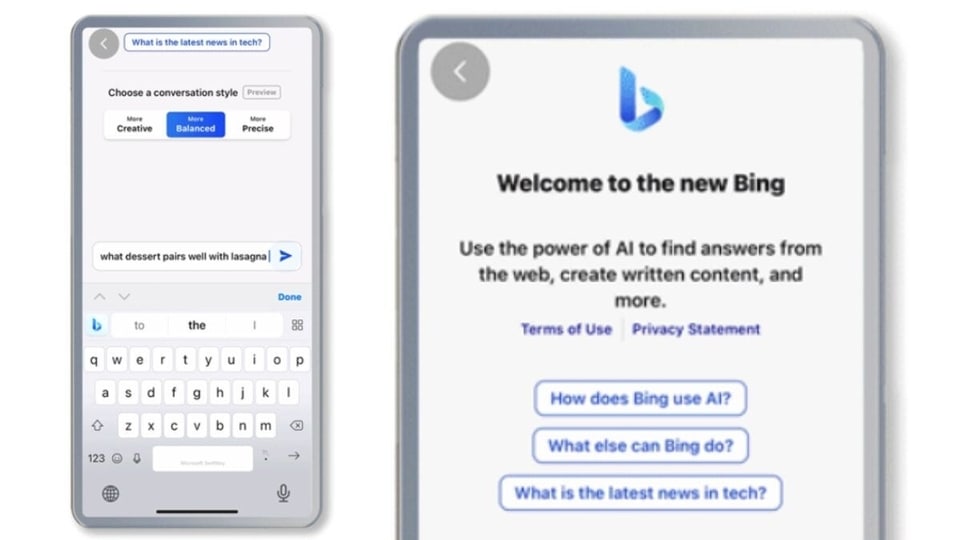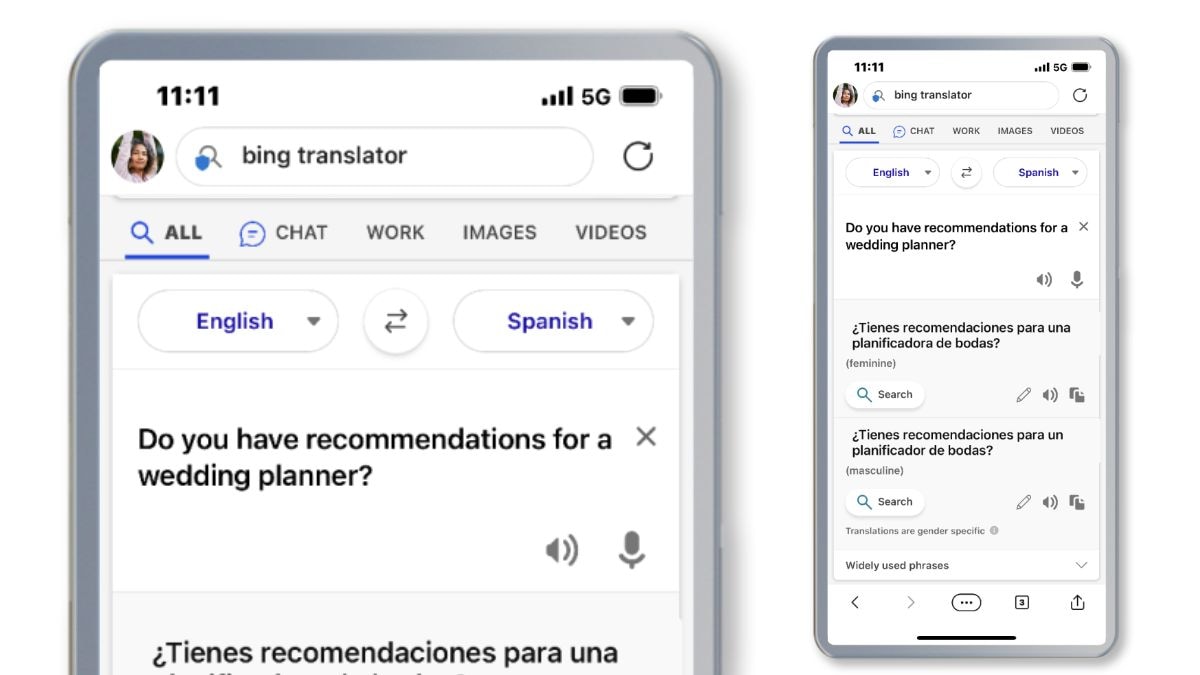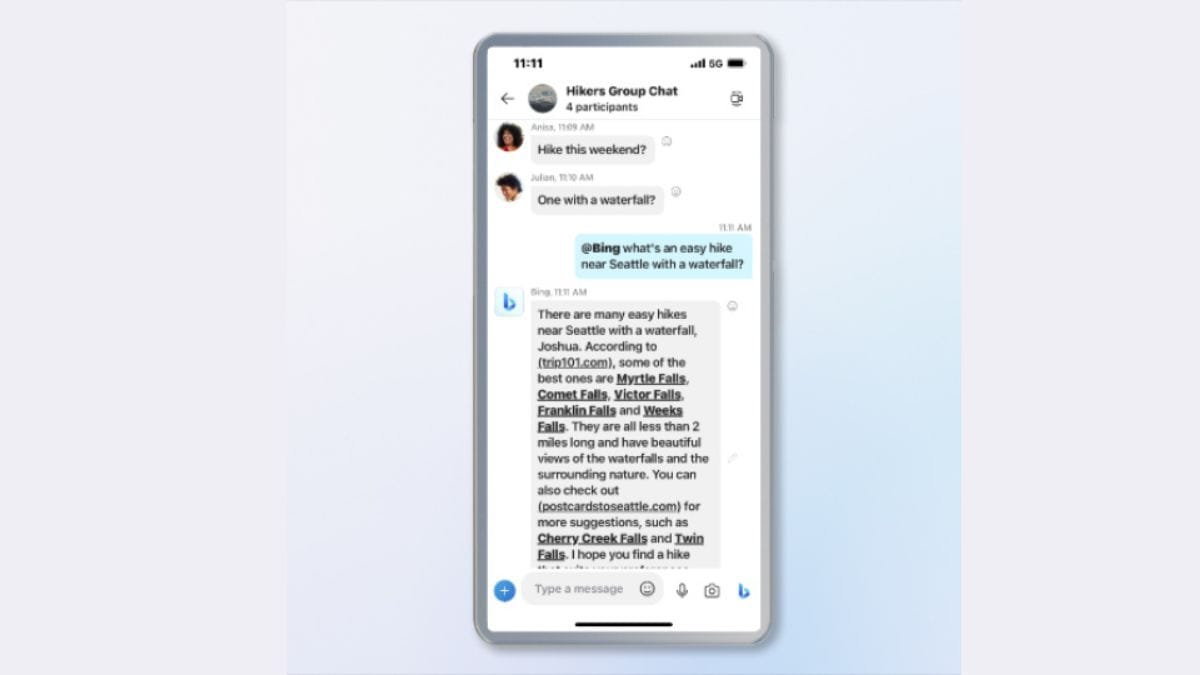Beware of AI voice scams! Shocking 77% victims lose money, says McAfee; check tips to avoid attack by 'clones'
A McAfee report has revealed shocking data about the prevalence of AI voice scams and how most victims end up losing their hard earned money.






 View all Images
View all ImagesAs the use of Artificial Intelligence (AI) is gaining popularity, scammers and fraudsters too are increasingly turning to it and coming up with various ways to dupe innocent people and the newest one that has gone online and grabbed eye-balls is the AI voice scam. It is being used by fraudsters to loot money from their unsuspecting victims. The most shocking and convincing part of these AI voice scams is that it sounds like you are talking to a person you know or your loved ones, making people easily fall prey to the fraudsters.
Now, to make people be aware and help them stay safe from these AI voice scams, McAfee has released an in-depth report. Check details here.
How scammers get voices to clone?
Scamsters get sample audio from people sharing their voices on social media and the voices that are shared online! It is so shockingly easy and simple!
While this may seem harmless, our digital footprint and what we share online can arm cybercriminals with the information they need to target our friends and family. With just a few seconds of audio taken from an Instagram Live video, a TikTok post, or even a voice note, fraudsters can create a believable clone that can be manipulated to suit their needs.
In fact, McAfee's survey found that 53% of all adults share their voice online at least once a week, with 49% doing so up to 10 times in the same period. The practice is most common in India, with 86% of people making their voices available online at least once a week, followed by the U.K. at 56%, and then the U.S. at 52%.
Also, McAfee's study has found that the AI voice scams are becoming quite common. "A quarter of adults surveyed globally have experience of an AI voice scam, with one in 10 targeted personally, and 15% saying somebody they know has been targeted. When you break it down by country, it's most common in India, with 47% of respondents saying they had either been a victim themselves (20%) or knew somebody else who had (27%). The United States is second, with 14% saying it happened to them and 18% to a friend or relative. The U.K. comes third with 8% saying it happened to them directly and 16% to someone they know."
"Overall, 36% of all adults questioned said they'd never heard of AI voice scams indicating a need for greater education and awareness with this new threat on the rise," the report stated.
What's the cost of falling for the AI voice scam
AI voice scams are designed to be as convincing as possible, so it's no real surprise that 77 percent of all victims lost money as a result. More than a third lost over USD 1000, while 7 percent were duped out of between USD 5000 and USD 15000. This is highest in the U.S., where more than one in 10 victims (11 percent) lost between USD 5000–USD 15000.
How to protect yourself from from AI scams
Avoid or limit sharing your voice and/or video online. You can also set your social media accounts to private instead of public.
If you get a call, ask questions related to something that only you and your loved one knows to confirm and check its authentication.
You can directly call the person whose name is being taken to confirm the matter.
Accept requests of people on social media only if you know them or be extra cautious.
Think before answering unexpected calls from unknown phone numbers.
Catch all the Latest Tech News, Mobile News, Laptop News, Gaming news, Wearables News , How To News, also keep up with us on Whatsapp channel,Twitter, Facebook, Google News, and Instagram. For our latest videos, subscribe to our YouTube channel.




















